DEFINITION OF TRAUMA
A traumatic event is a situation where someone has been exposed to something that created a real or perceived threat of death or serious injury of self or others or experienced repeated and/or prolonged incidences of maltreatment or gross neglect.
Other instances of trauma, such as Secondary Trauma or Cultural Trauma, are not necessarily from first hand experience of a trauma. However, they can cause similar symptoms that often go untreated due to the perception of a lack of a precipitating event. Secondary Trauma is a person’s emotional duress when hearing about or working with people who have experienced first hand trauma. Secondary trauma is unlikely with one exposure, but tends to build over time when a person is exposed to a number of traumatic stories. Cultural Trauma occurs when an entire groups consciousness is impacted by a horrible event and the collective identity of the group is changed in fundamental ways, often across generations. Cultural trauma is then re-experienced and reinforced through daily reminders of the historical event.
SYMPTOMS OF MALADAPTIVE COPING TO TRAUMA
- Difficulty Sleeping
- Difficulty staying on task
- Feeling cut-off from people and things you used to enjoy
- Irritable or easy to anger
- Feeling depressed and disconnected
- Feeling upset by words, phases, locations, smells or sounds that remind you of the event
- Nightmares, vivid memories or flashbacks of event.
- Guilt
- Feeling numb or ‘cloudy’
- Feeling emotionally empty
- Frequent or increased fighting with those closest to you.
- Feeling jittery, jumpy or anxious most of the time
- Feeling unsafe or fearful more often than not
- Frequent anxiety dreams about mundane subjects that are terrifying
- Increased substance or alcohol use in order to lessen the impact of any symptoms.
- Thoughts of harming self
COMMON EXAMPLES
- Natural Disasters
- Witnessing or experiencing Community Violence
- Childhood sexual abuse
- Medical/Surgical Trauma
- Bullying
- Workplace trauma
- War
- Witnessing or experiencing Domestic Violence
- Childhood abuse or neglect
- Sexual Assault/Rape
- Secondary Trauma
- Cultural Trauma
- Car Accident
TREATMENT
Triumph Over Trauma East Bay provides individually tailored treatment to each client based on the frequency, intensity and duration of symptoms as well as the identified strengths and priorities of each person. I emphasize and build on the core strategies of Evidence-Based treatments by providing a safe and contained therapeutic environment and developing strength-based treatment plans. Treatment plans include psycho-education, learning to regulate body and breath through mindfulness exercises, and creating safe imagery that builds toward systematic exposure both in and out of session. Lastly, we’ll work on guiding the brain towards a cognitive restructuring of the event and recalibrate the perception of the event.

